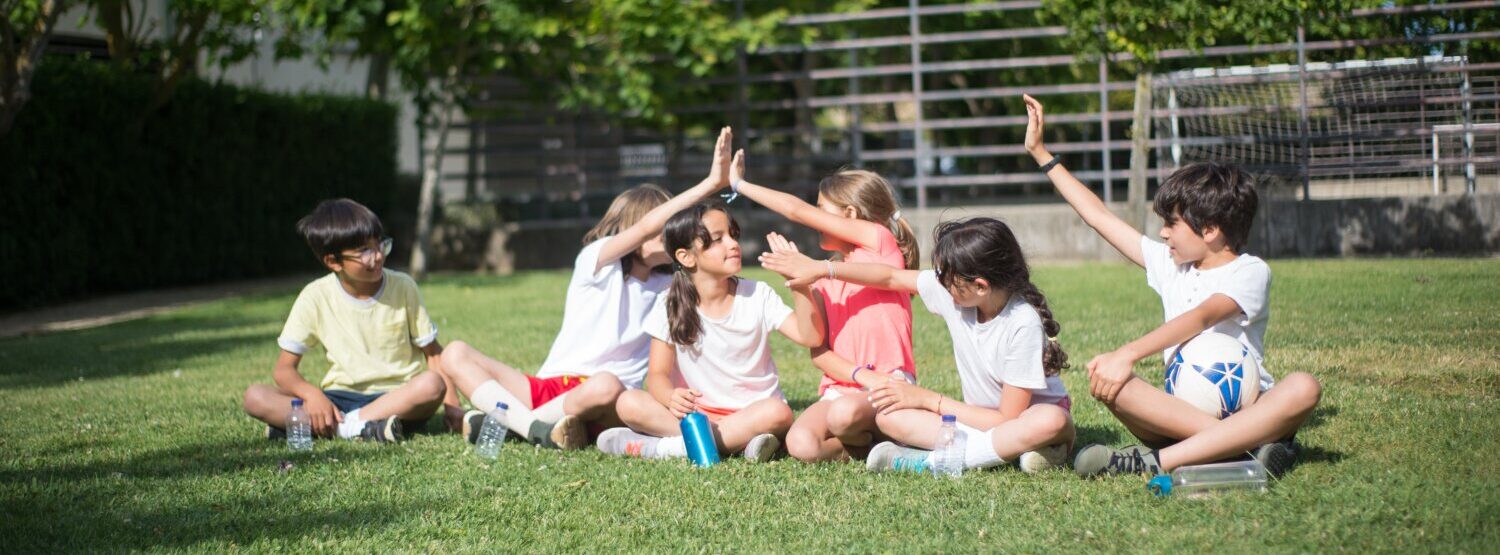
Safeguarding
Advice to help you provide a safe and supportive environment.

Date: 4 October 2023 Author: Energise Me
Sarah volunteers as a Safeguarding Officer at her local rugby club. Having a background in education, she has always been involved in shaping safeguarding practices. We asked her what she does to engage others in this conversation.
For me, I always wear my top which has got ‘safeguarding’ written on it as well as my lanyard which shows my role. That’s a really quick way to let people know who you are and what you do.
In my experience, there are three branches to visibility:
Parents need to know who you are and that they can talk to you about any concerns they’ve got. Here, making the time to listen is so important. When someone says, ‘can I have a word?’ I say, ‘of course. Is this a door open or closed conversation?’ Creating those relationships is essential, as more often than not, it’s the parents who will flag things.
Children should know that they have someone there to turn to when they need too. When the children ask me what I do – because they don’t have a clue what a Safeguarding Officer is – I say that “it’s my job to make sure you’re having fun out there every day when you’re here playing rugby. It’s my role to make sure you’re enjoying your rugby and want to come back every week. And if you’ve got anything you want to talk about that’s not making it fun, come and tell me.”
With one specific child who is on a Child Protection Plan, whenever I see them at the club, I’ll always say, ‘hi! How was your session? What did you learn? How’s your week been?’ These little things make me a familiar face. Though I don’t think I’d necessarily be their first point of call, if I saw them when they were dysregulated, I think they’d trust me enough to know that I would keep them safe.
Coaches also need to know where to go to escalate a concern. Developing these relationships is important because they need to trust that you’ll follow up with whatever they raise.
As much as this is an individual’s experience performing a safeguarding role, safeguarding is everyone’s responsibility. We all have a duty to care.
The UK Coaching Duty to Care digital badge is a testament to your understanding and commitment to the six pillars of Duty to Care: diversity, inclusion, mental health and wellbeing, physical well-being, safeguarding, and safe to practice. Join the movement today and help to create a space in sport and physical activity that is safe and welcoming to all.
If this article has inspired any thoughts or questions, speak to your club’s/organisation’s Safeguarding Lead.
If you are the Safeguarding Lead, you can reach out to the Child Protection in Sport Unit for any guidance or further resources.